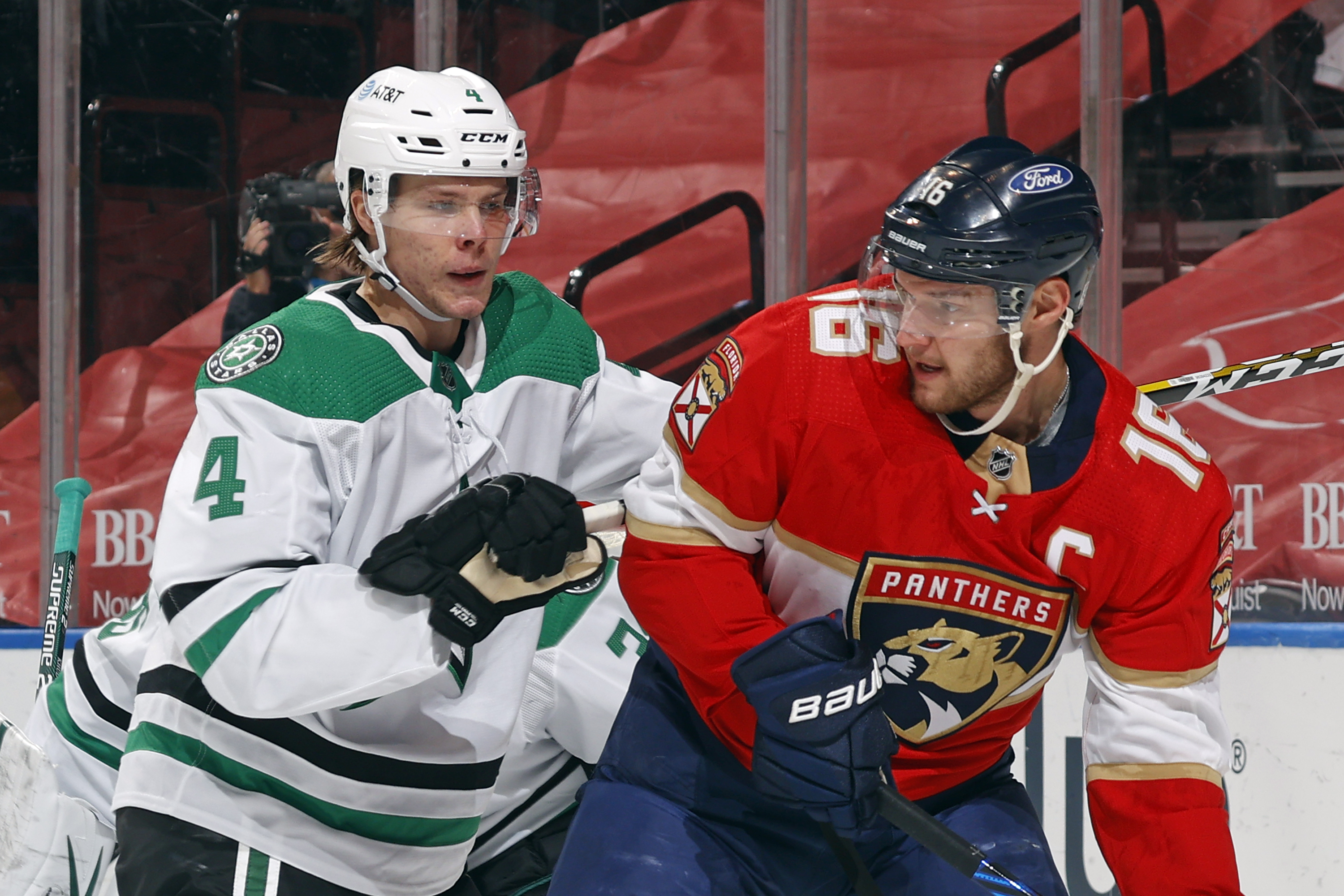San Diego County health officials confirmed Wednesday that the COVID-19 variant found in the U.K. and in Colorado was detected in a patient in San Diego.
California Gov. Gavin Newsom first announced in a joint news conference with Dr. Anthony Fauci the COVID-19 variant was detected in Southern California, but did not provide any more specifics on exactly where or how B.1.1.7 was discovered.
Later, San Diego County Supervisor Nathan Fletcher announced the variant had been detected in a 30-year-old man in San Diego County with no travel history outside the county.
The man was tested on December 29 after two days of symptoms and a diagnostic test on the S gene dropout was confirmed to have B.1.1.7, said Kristian Andersen, Ph.D., Department of Immunology and Microbiology, at Scripps Research.
The patient is not hospitalized and contact tracing is currently underway, health officials explained. There is one household contact who became symptomatic and was tested Wednesday. The man had little interaction with people outside his household while potentially contagious.
"Because there is no travel history, we believe this is not an isolated case in San Diego County and there are, probably, other cases of the same strain in San Diego County," Fletcher said.
The announcement came after Newsom recommended in-person learning continue in California schools in the coming year.
"I don't think that Californians should feel this is something odd. This is expected,” Fauci said.
Fauci also said we would likely be seeing more cases in other states as well, and while the variant is transmitted more easily, there is no indication at all that it is more strong or deadly.
"What's really important is that detecting this lineage here [in San Diego] doesn't really change what we need to do, other than we need to do it better," Andersen said. "And the question we typically get around this are that: Is it really transmitting better? In the U.K., it is. We know that it's because of the properties of this particular lineage. We should expect that the same is going to be true here in San Diego, but we don't yet know whether that's really going to be the case."
The first person in the U.S. known to be infected with a new and apparently more contagious variant of the coronavirus was identified Wednesday as a Colorado National Guardsman who had been sent to help out at a nursing home struggling with an outbreak.
Health officials said a second Guard member may have it, too.
The cases have triggered a host of questions about how the mutant version circulating in England arrived in the U.S. and whether it is too late to stop it now, with top experts saying it is probably already spreading elsewhere in the United States.
U.S. & World
“The virus is becoming more fit, and we’re like a deer in the headlights,” warned Dr. Eric Topol, head of Scripps Research Translational Institute. He noted that the U.S. does far less genetic sequencing of virus samples to discover variants than other developed nations do, and thus was probably slow to detect this new mutation.
The proposal comes as California remains consumed by a growing pandemic crisis, with hospitals, particularly in Southern California, increasingly stretched by soaring cases that are expected to grow in coming weeks. But hope is on the horizon as vaccines begin rolling out, with educators among those recommended for shots after the initial round goes to health care workers and those in congregate care facilities.
California's top health official, Dr. Mark Ghaly, announced Tuesday an extension of the Dec. 6 lockdown restrictions for Southern California and the agricultural San Joaquin Valley. The regions have about 60% of the state's population of 40 million and also have seen COVID-19 surges since the Thanksgiving holiday that have left hospitals struggling to find beds for emergency room and intensive care unit patients.
Later Wednesday, LA County Board of Supervisors' Hilda Solis said one out of five people in the county who get tested test positive, and that is not account for the Christmas surge. She urged Angelenos to celebrate New Year's Eve virtually, saying it's not too late to cancel plans at gatherings.
Los Angeles County's public health director Dr. Barbara Ferrer said at a later news conference that the variant had not been found in Los Angeles County in their set of samples, however, that it didn't necessarily mean that the variant wasn't already in the region.



